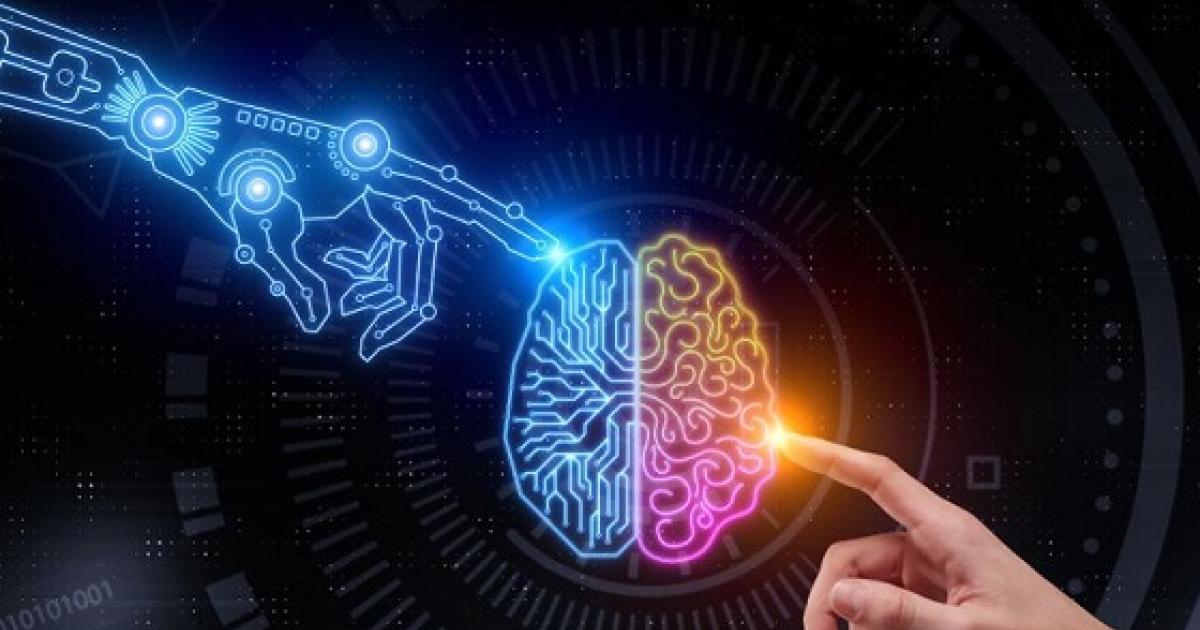There was this concern years ago when I was in residency, along with outsourcing night reads and eventually all work to Teleradiology companies. Concerns haven't materialized to a significant or career changing degree in 10+ years. IF anything I agree AI would be nice as an adjunct to radiologists work and help increase quality, would be a long time to actually replace a human being. Lots of radiology is not black or white, not just no fracture or fracture. There are clinicians that like to discuss cases with a live human being who knows medicine.
Volume of studies also keeps on increasing each year, sometimes as much as 5-10% per year in some modalities. I wouldn't mind if a computer helped me out and dictated a few cases for me. I could see compensation changing as a result of this, but lots of things in this current environment is putting pressure on compensation and workload.


